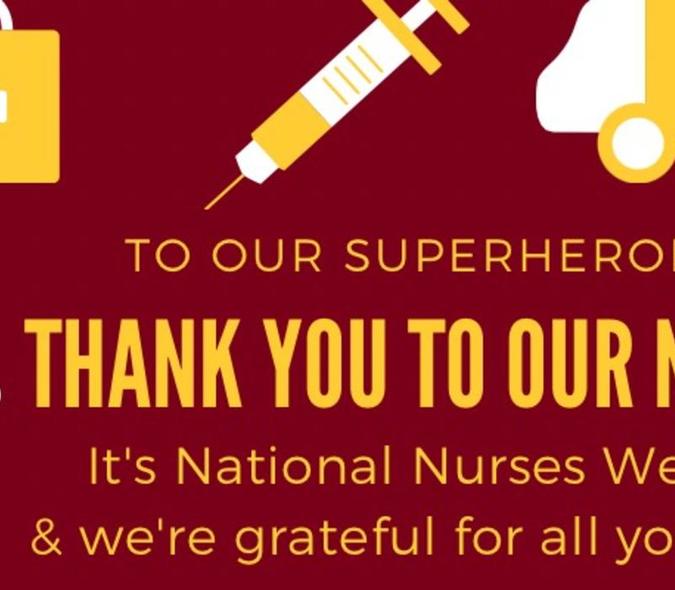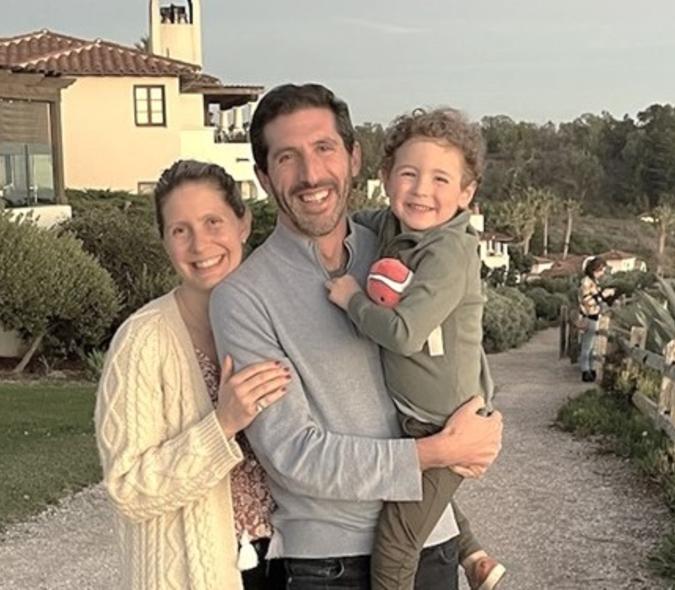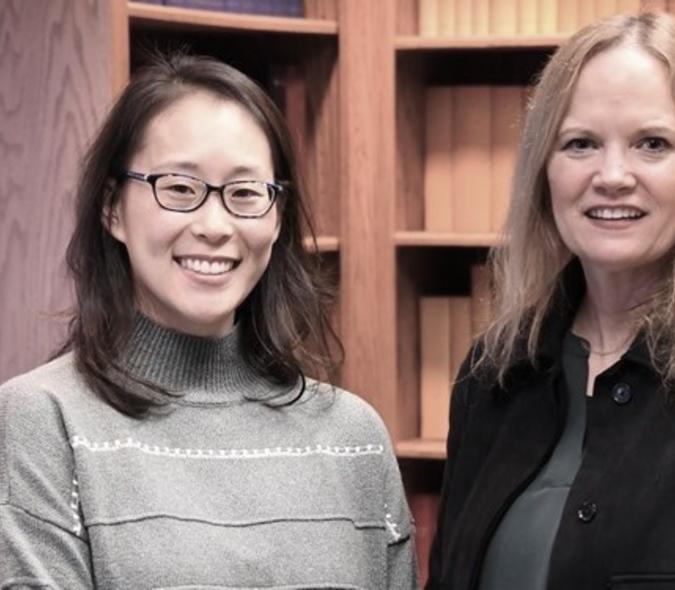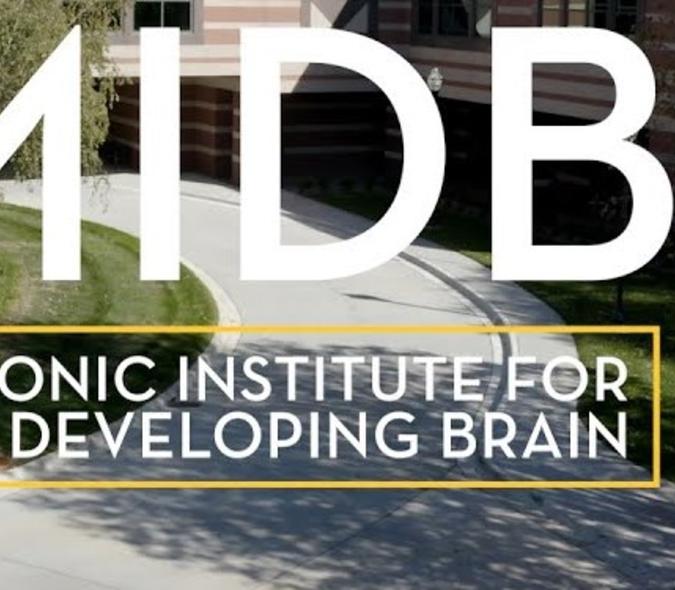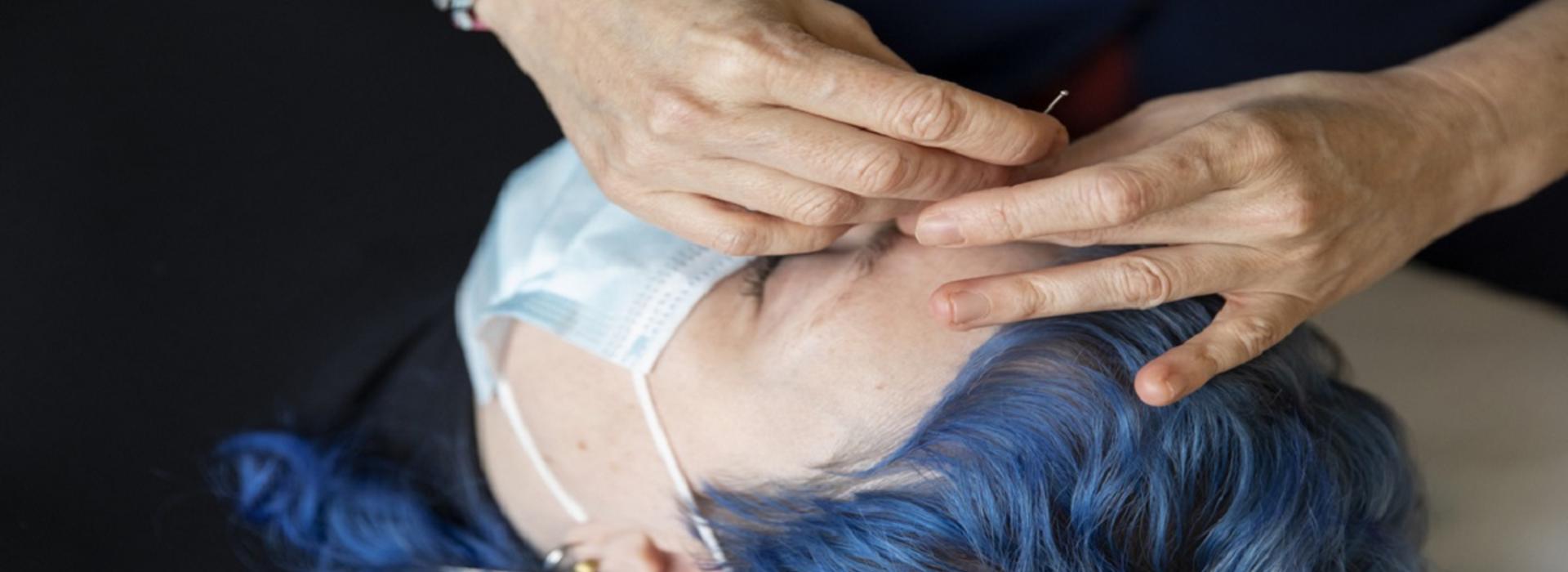
Acupuncture can be part of good mental healthcare
The Psychiatry and Behavioral Sciences Department has long fostered the idea that good mental healthcare is also good mind-body care. As a result, the department rolled out acupuncture services in the summer of 2019. Crystalin Montgomery, MAc, ND, was brought on to provide those services.
After earning her undergraduate degree at the University of Wisconsin-Milwaukee, Crystalin spent six years at the National University of Natural Medicine in Portland, OR, and completed her Master of Acupuncture and Doctor of Naturopathic Medicine degrees.
Rigorous evidence
Acupuncture has been used in China for centuries. The FDA gave acupuncture its first U.S. seal of approval in 1996, when it classified acupuncture needles as medical devices. A study published in 2012 demonstrated acupuncture’s efficacy for chronic low-back, neck, knee, shoulder, and tension headache pain, which many, including Crystalin, believe can help reduce reliance on opioids. The National Institutes of Health calls the study, “the most rigorous evidence to date that acupuncture may be helpful for chronic pain.”
According to the University of Pennsylvania, acupuncture, “is a clinical modality designed to help balance your body’s various interconnected systems. While it is not entirely clear how acupuncture works to heal the body, research continues to explore the possible neurochemical mechanisms of acupuncture’s pain-relieving effects. This means that many believe that acupuncture works by stimulating a nerve in the body that then sends a signal to the brain to release pain relieving hormones including beta-Endorphins. These hormones can help suppress pain and increase your overall mood, happiness, and pleasure.”
Acupuncture fits nicely
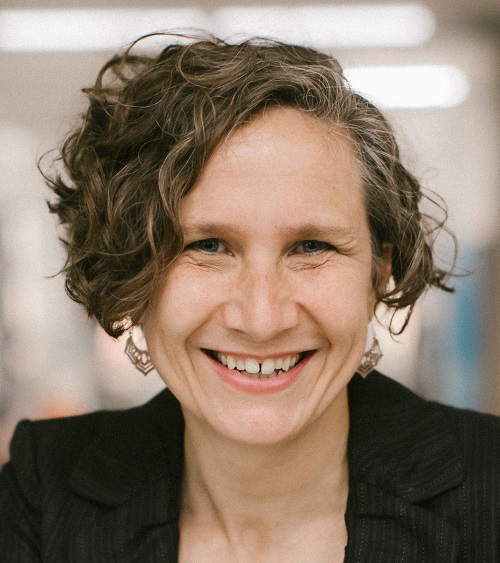
By the time the department’s patients see Crystalin (pictured here), they have already been through several different treatments. “At that point, they are working on the emotional part of their health,” she said. There are many reasons why acupuncture fits in nicely with these patients. “In addition to mental health issues, they may have other conditions that acupuncture can help them deal with,” said Crystalin. “It’s known as a somatic therapy – a hands-on therapy – that can help ground patients, taking them out of their heads and back into their bodies.”
Crystalin has helped people with insomnia, chronic digestive issues, and chronic pain, conditions that can amplify mental health issues. “When they’re able to relax and become calm on the table, it can reduce the impact of other issues and open the door to improving the mental health work they’re doing,” she said. “Acupuncture is a great partner for psychiatric therapy and doesn’t interfere with the medications these patients can be on.” (FYI: people with pacemakers cannot receive acupuncture.)
The needle thing
But what about the needle thing? During the initial appointment, Crystalin checks in with her clients to help them understand what they will experience. “When they’re referred to me by their psychiatrist or psychologist, it means a lot to them and helps put them more at ease about the process,” she said. “I explain that I’m using sterile needles that are as thin as a human hair, and though they might occasionally feel a little bit of pain, it goes away in seconds. I encourage them to tell me if they feel discomfort and can’t relax.”
Perhaps even more important, Crystalin targets acupuncture points that help calm the nervous system. “It’s a lovely therapy,” she said. “It’s becoming more well-known and is a great component for overall whole-person care.”
Since Crystalin started providing services at the department’s Behavioral Health Clinic for Families on Washington Avenue in Minneapolis and at the St. Louis Park clinic, the need has outstripped her ability to meet it. “We are planning to bring another provider on to accommodate demand,” she said. Because she is also a Doctor of Naturopathy, Crystalin is working with the department to determine how to roll out those services as well.
Stay tuned!
